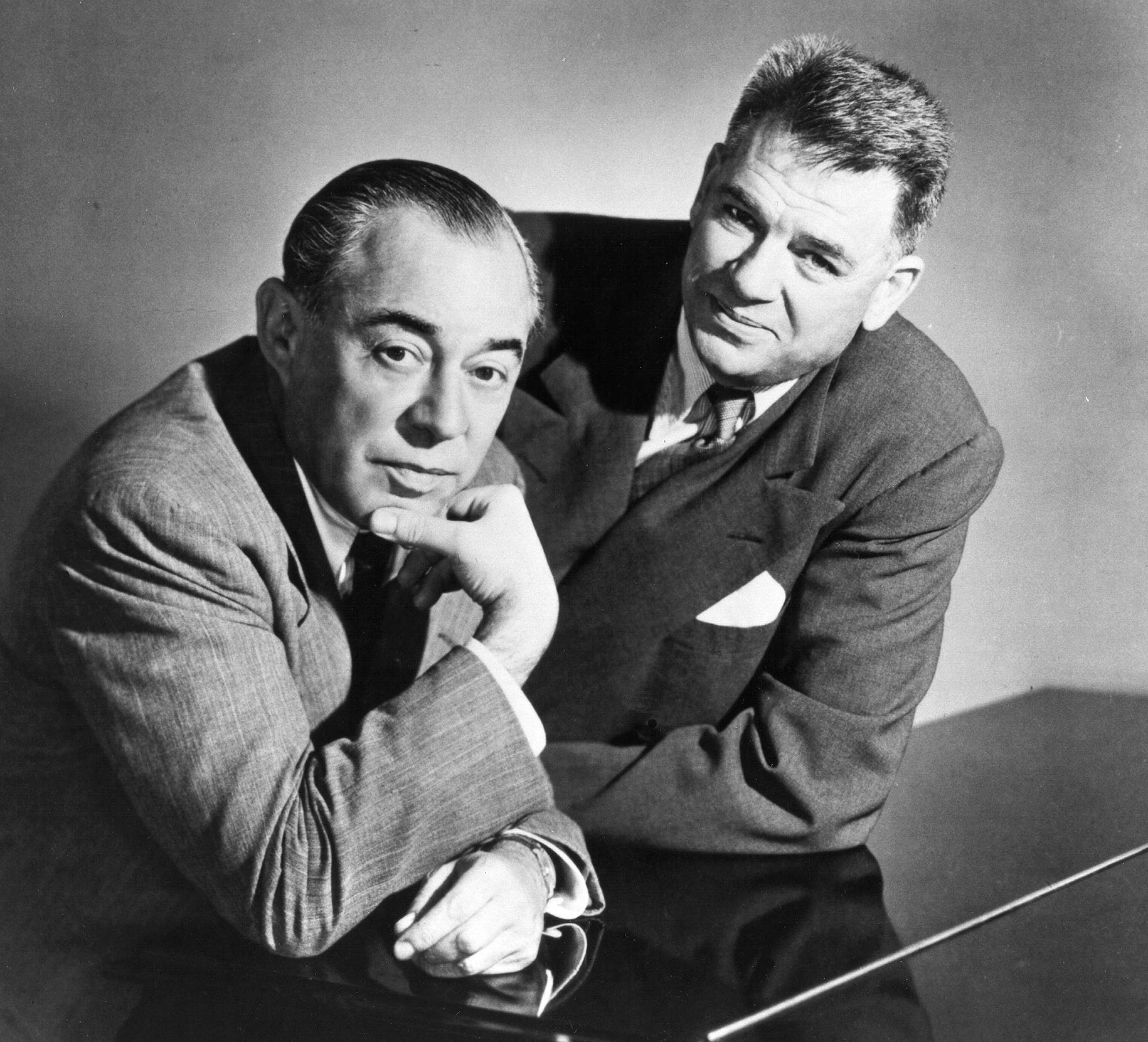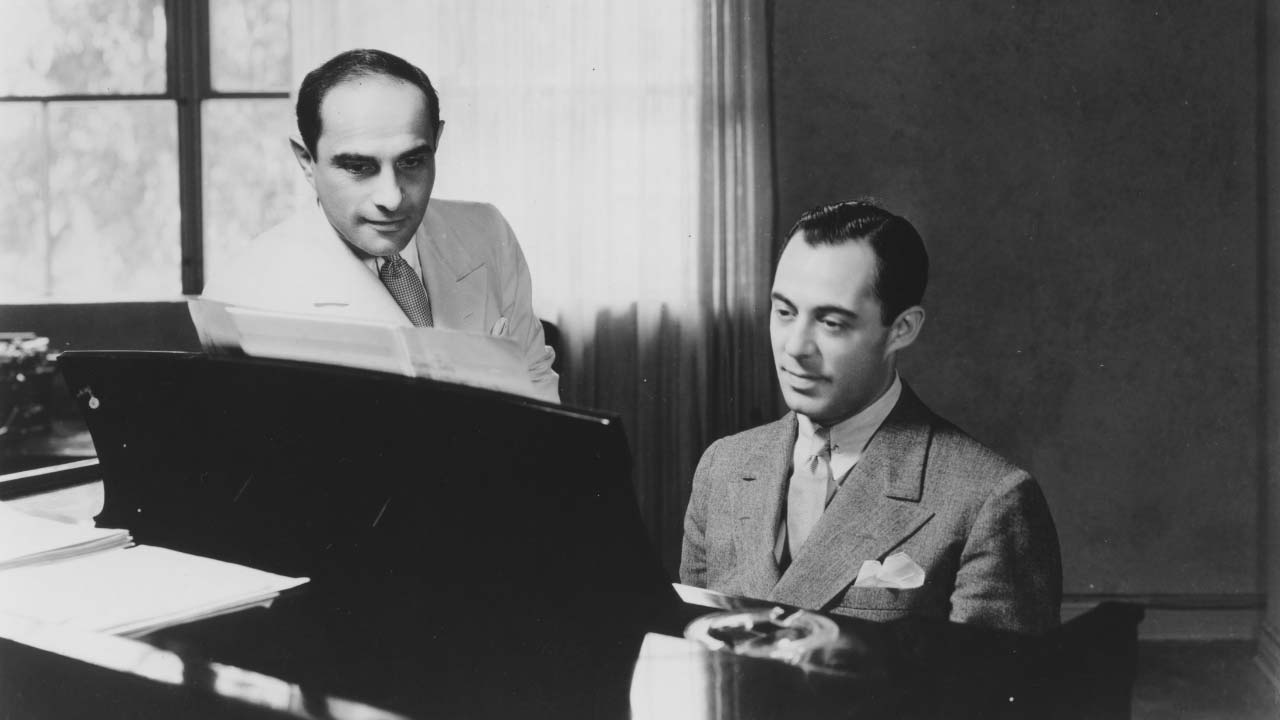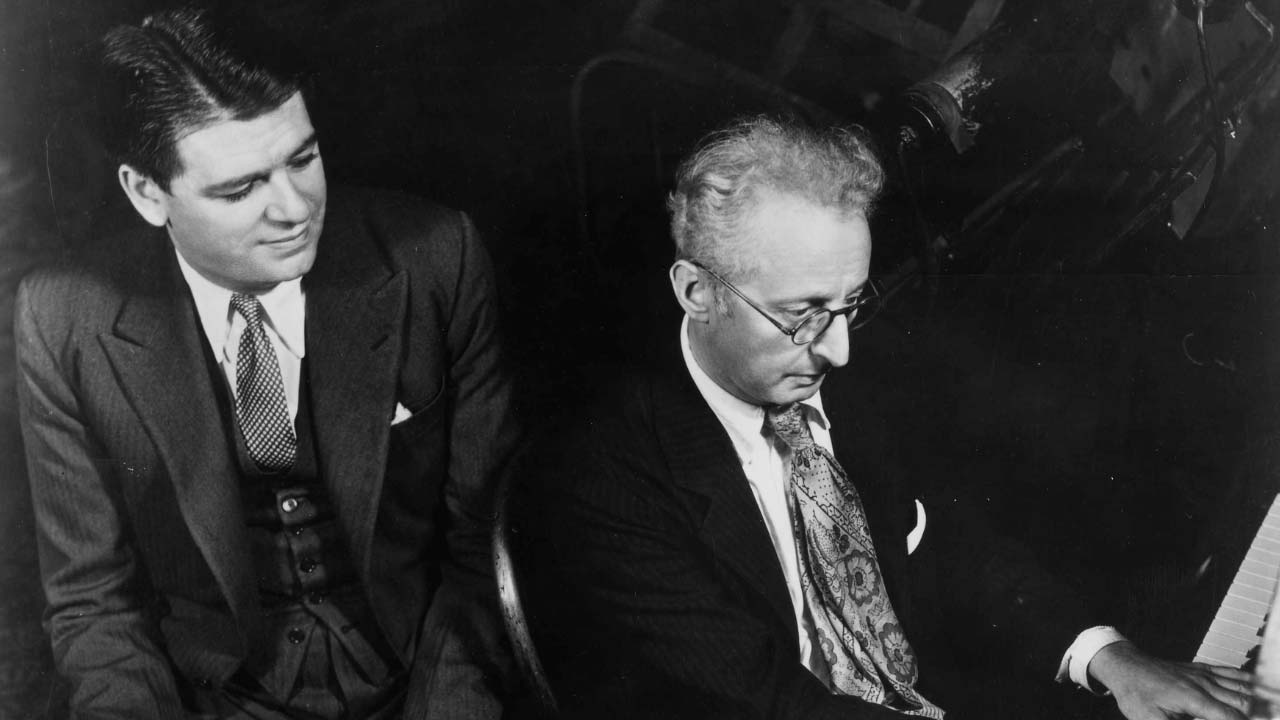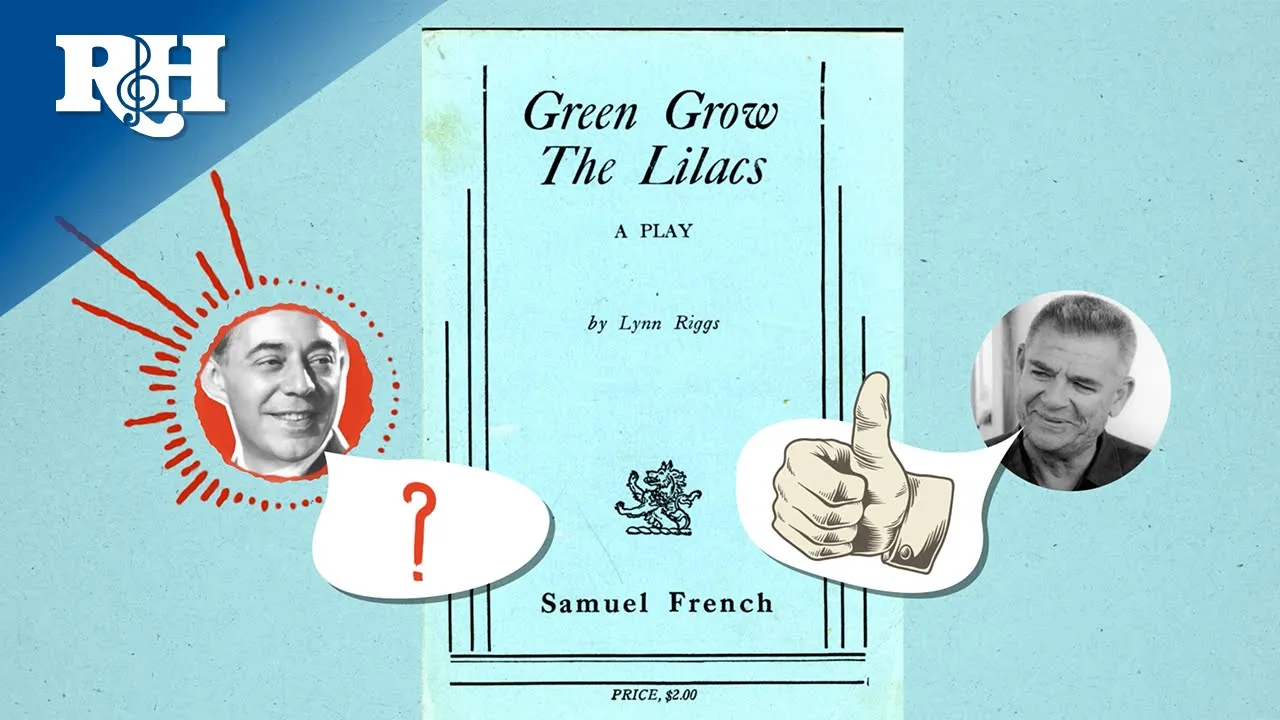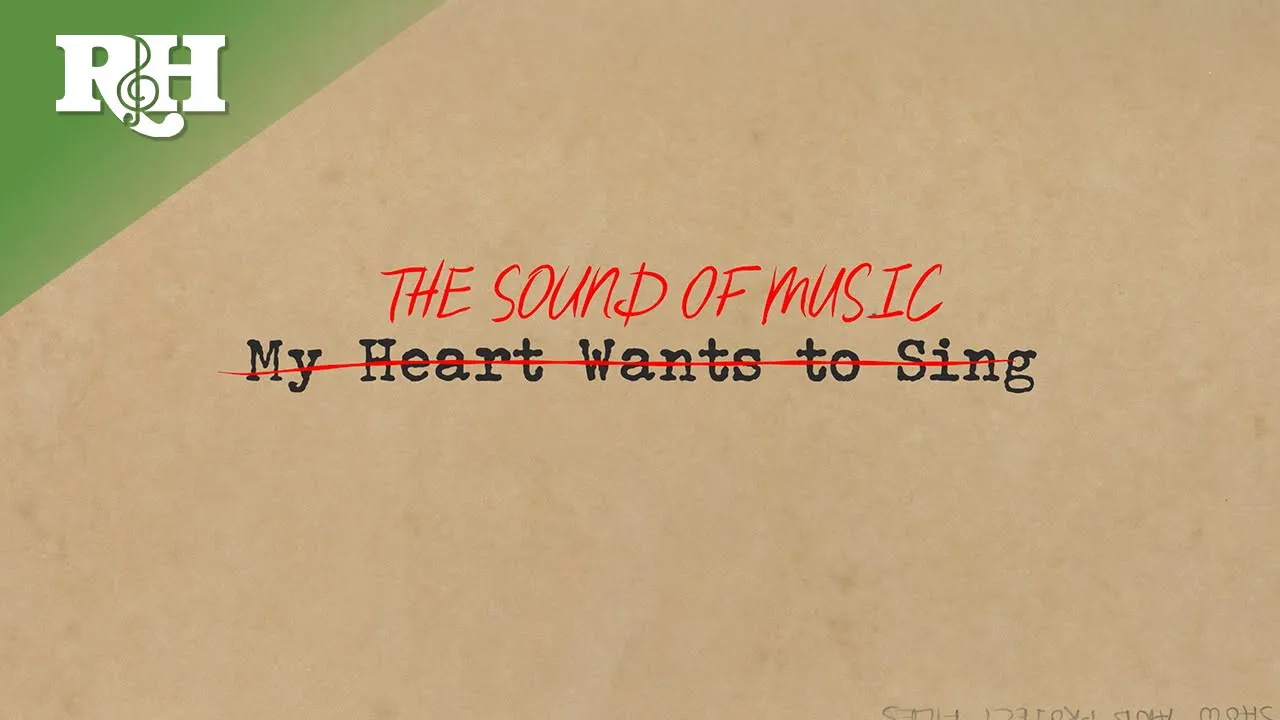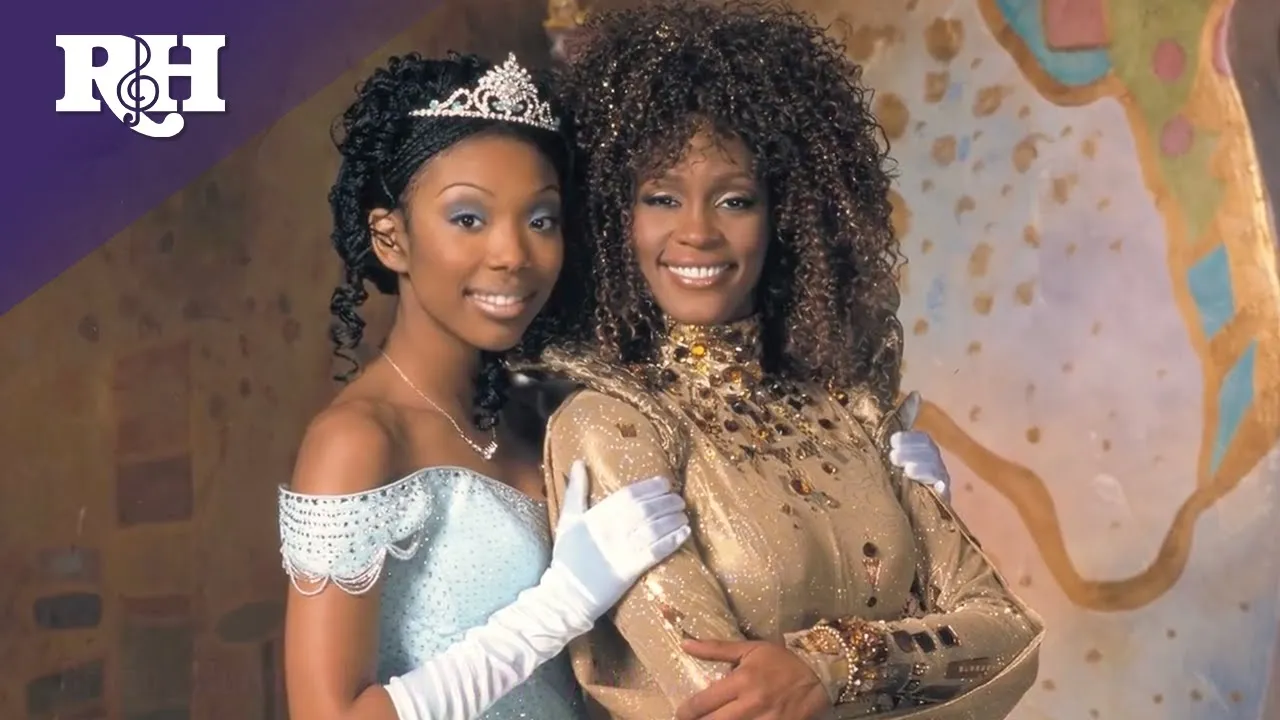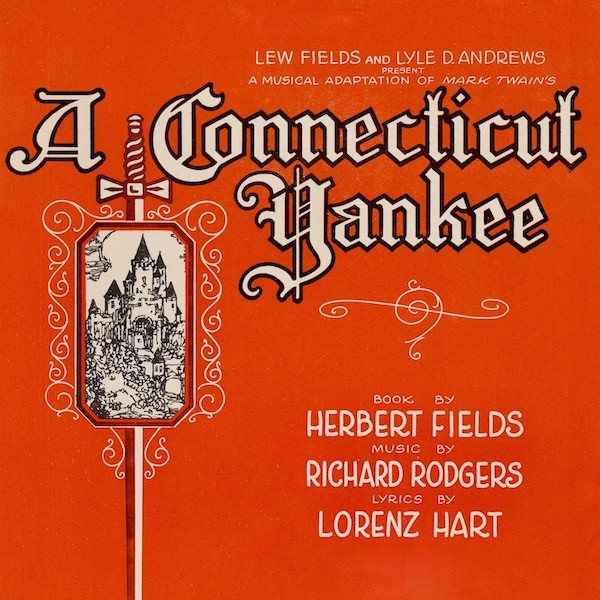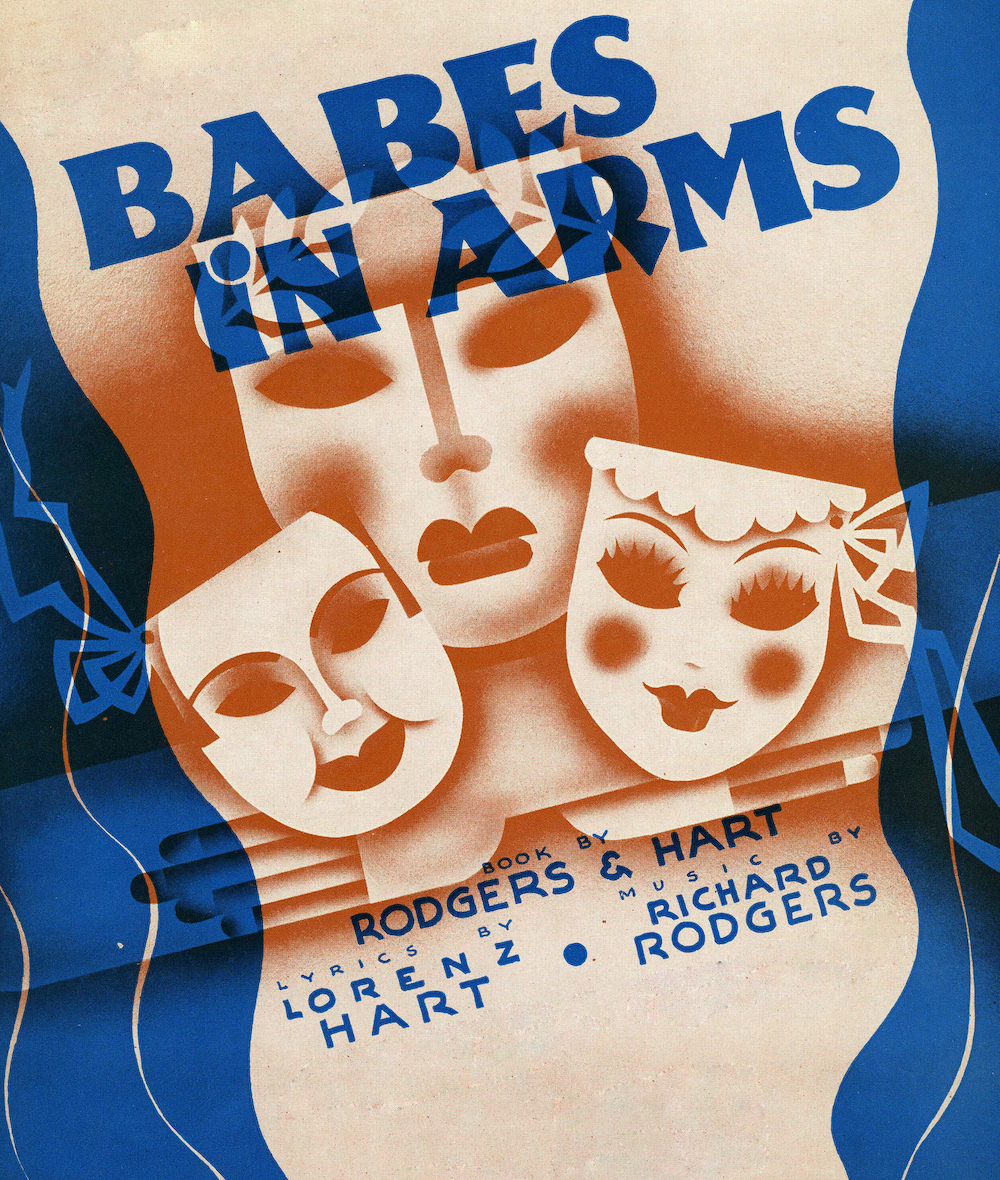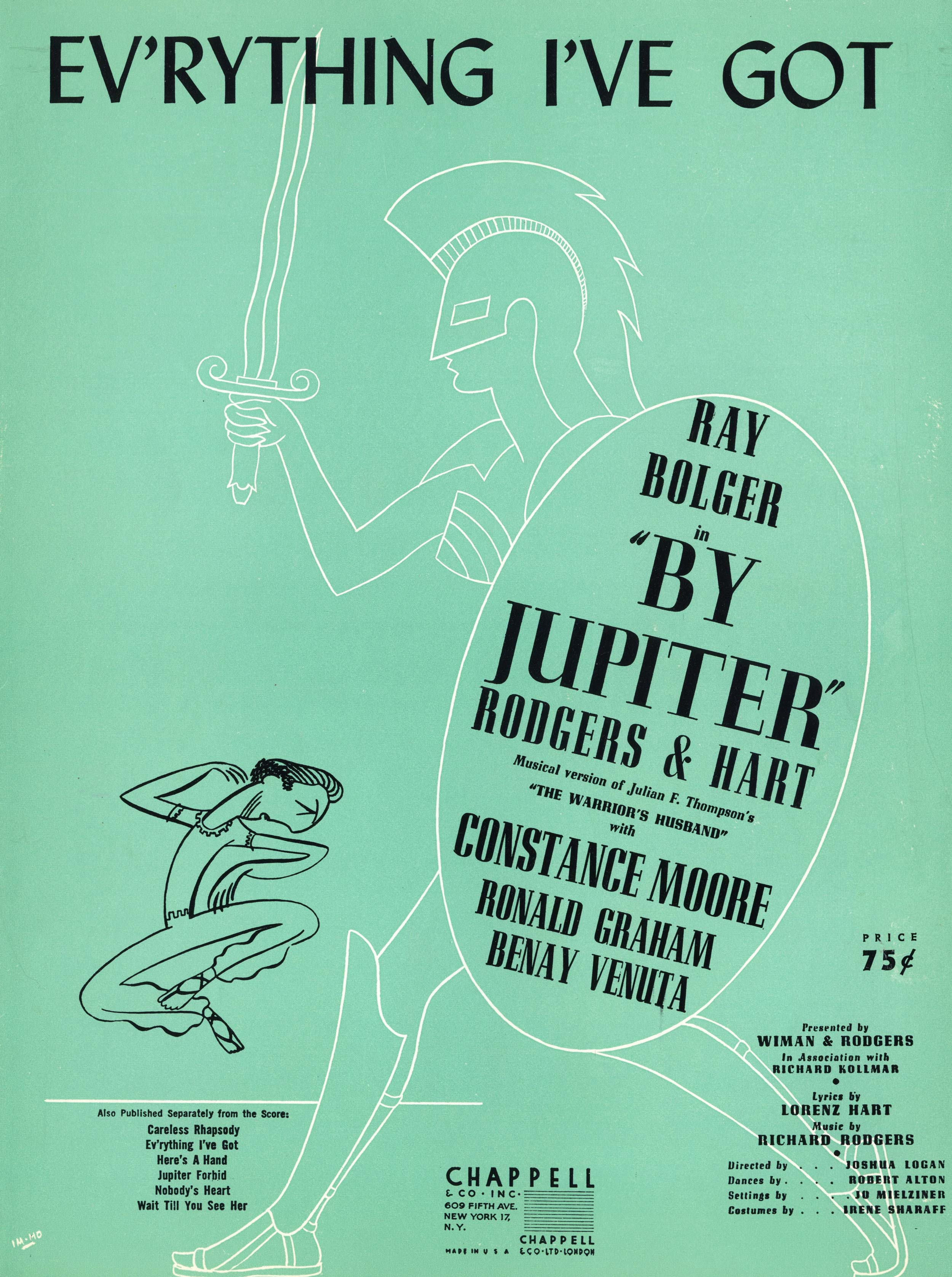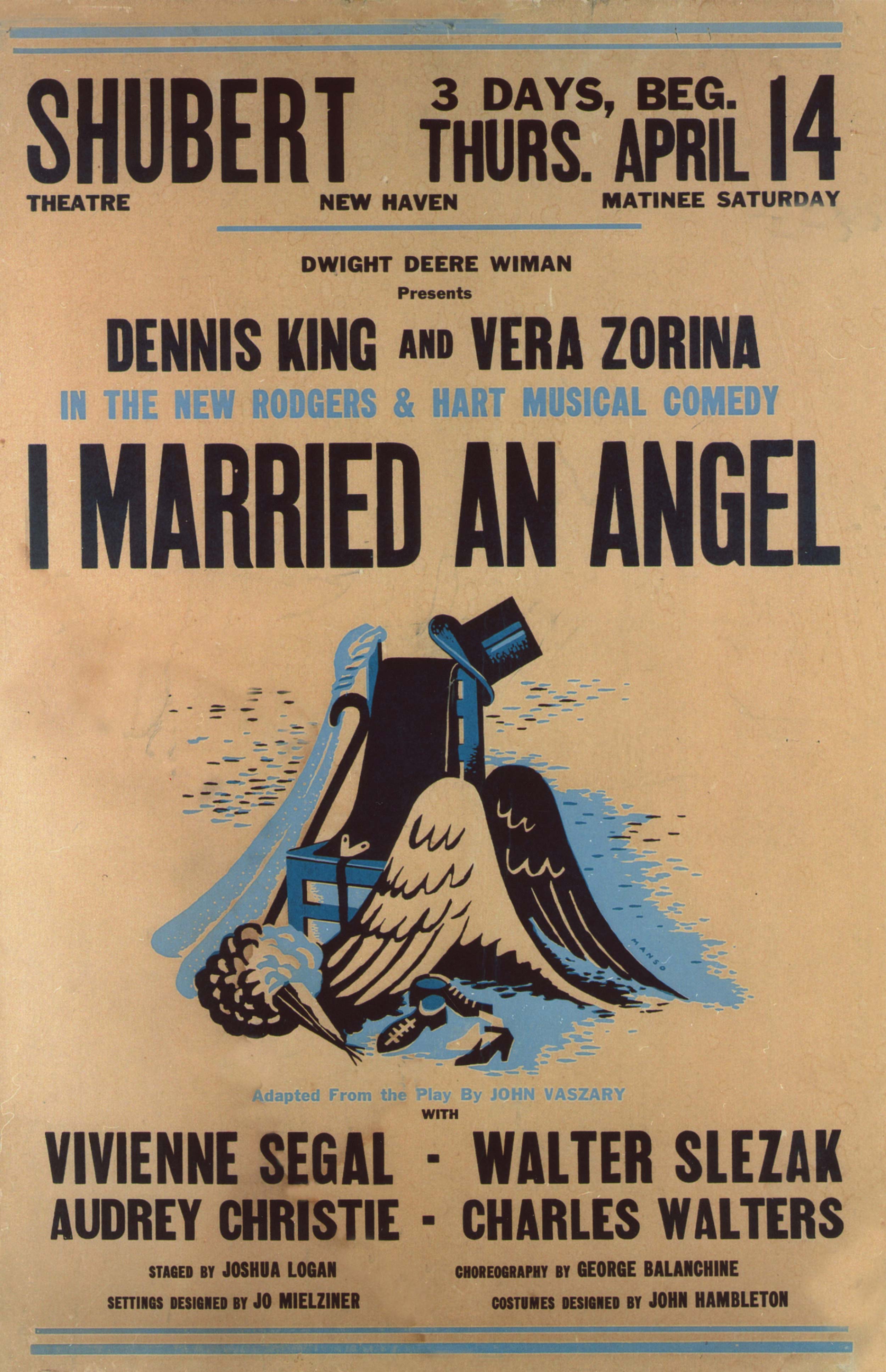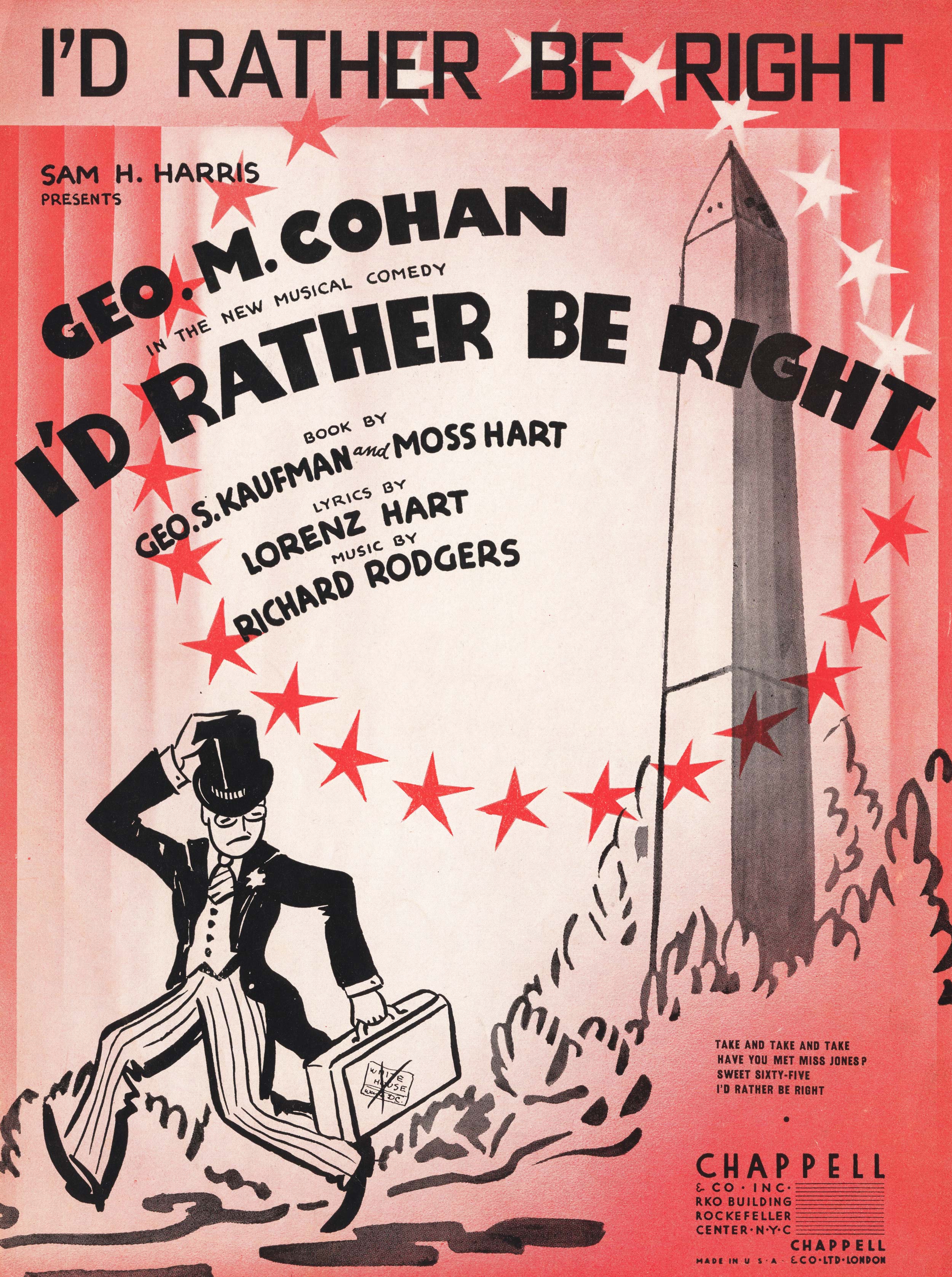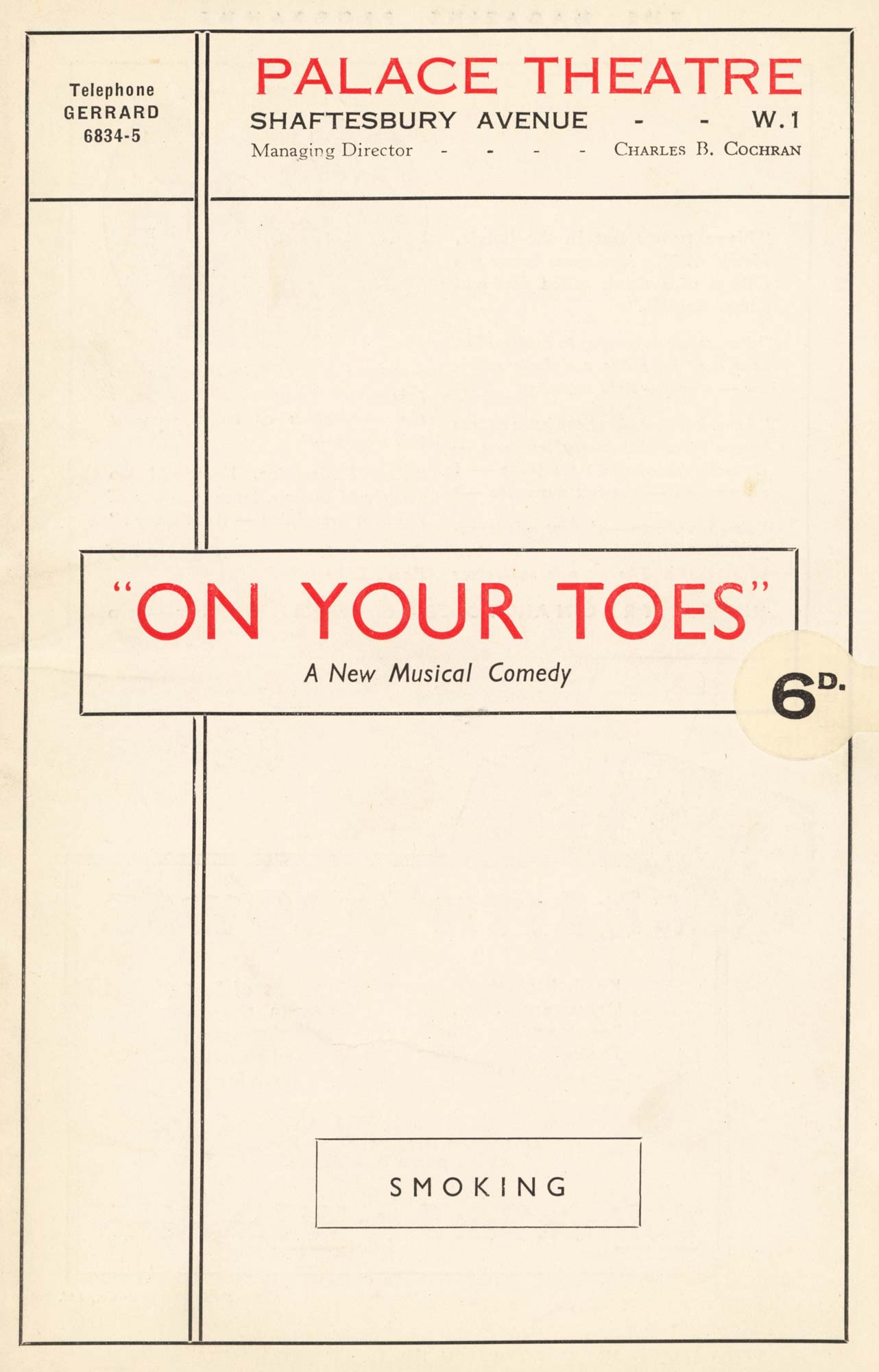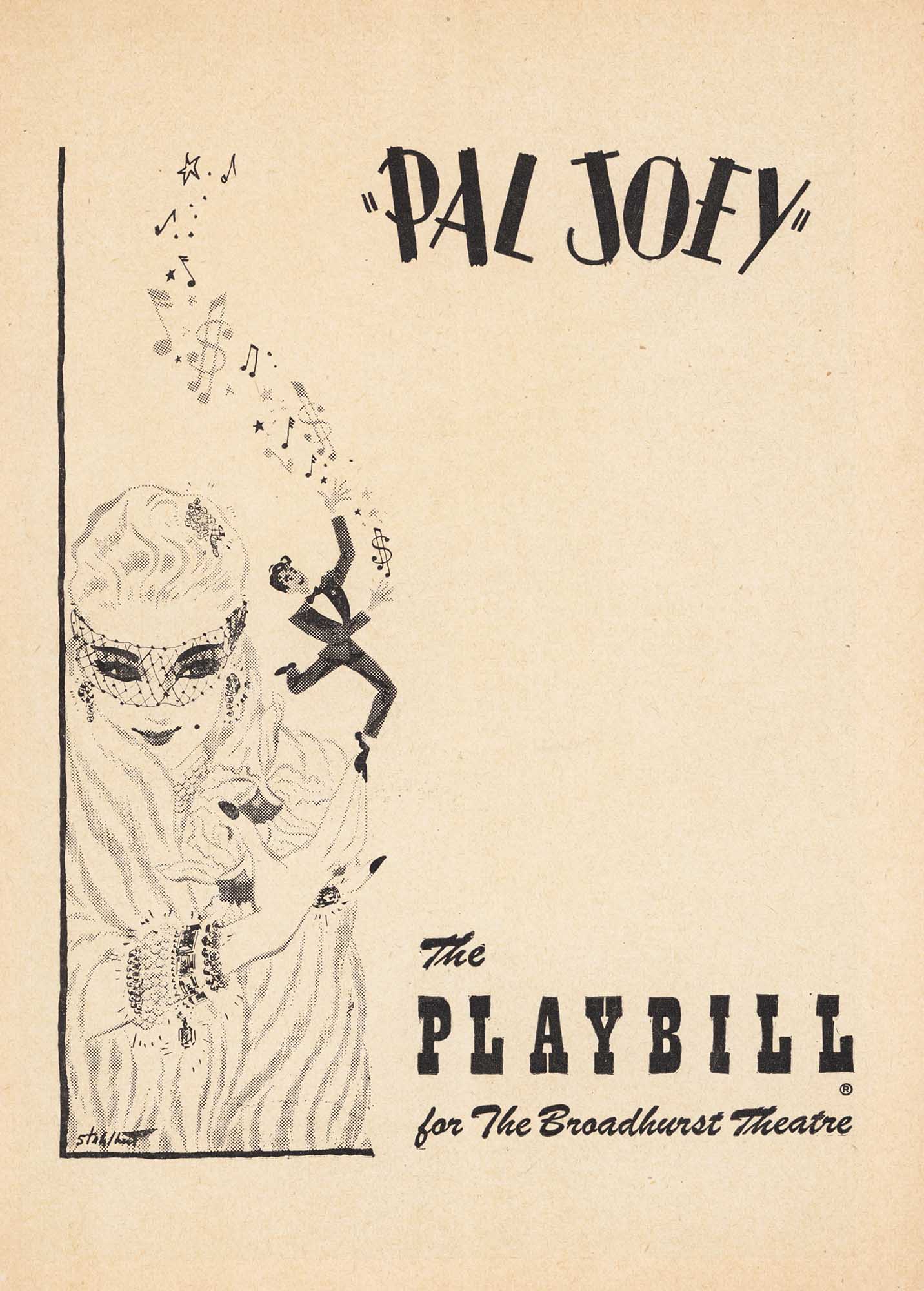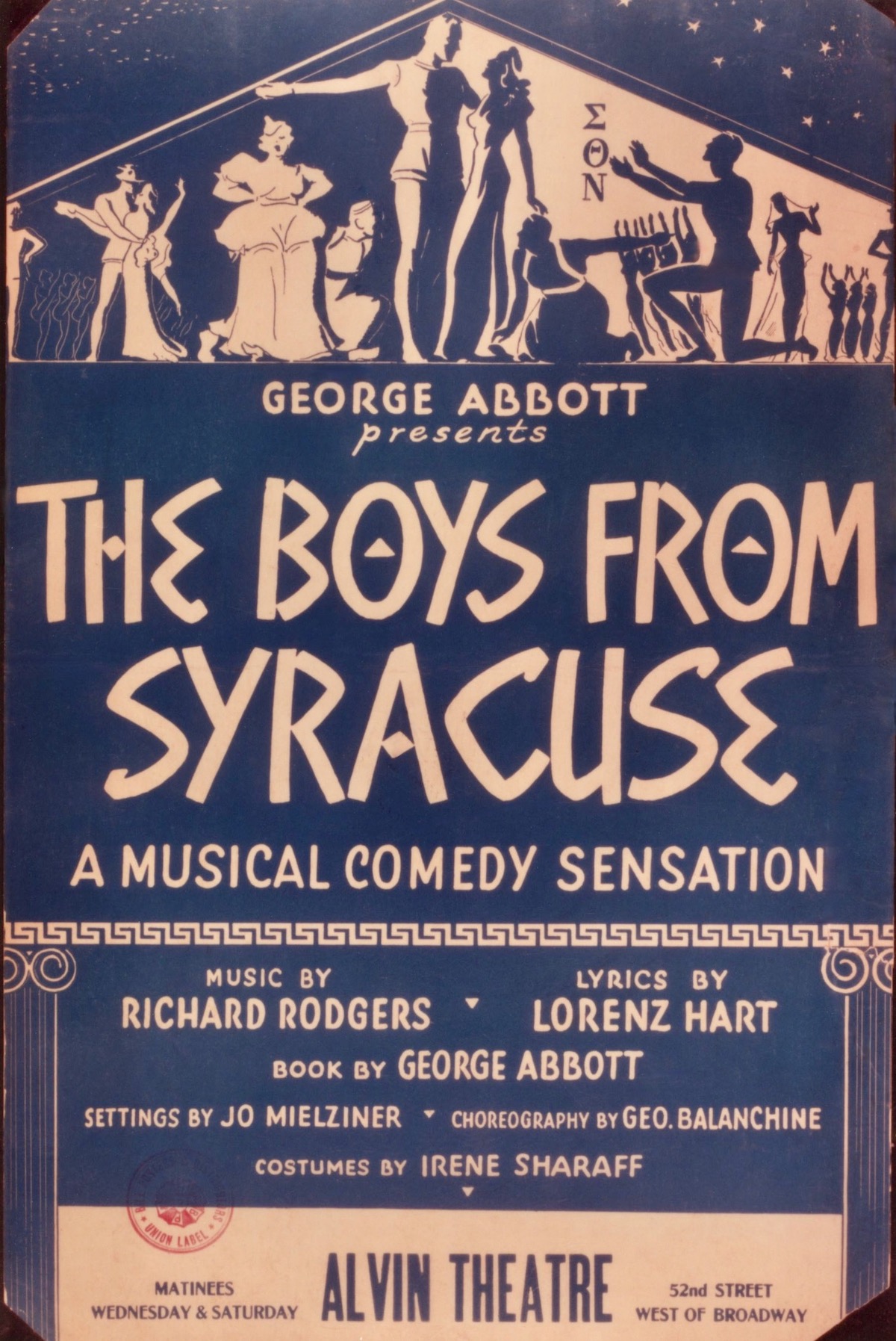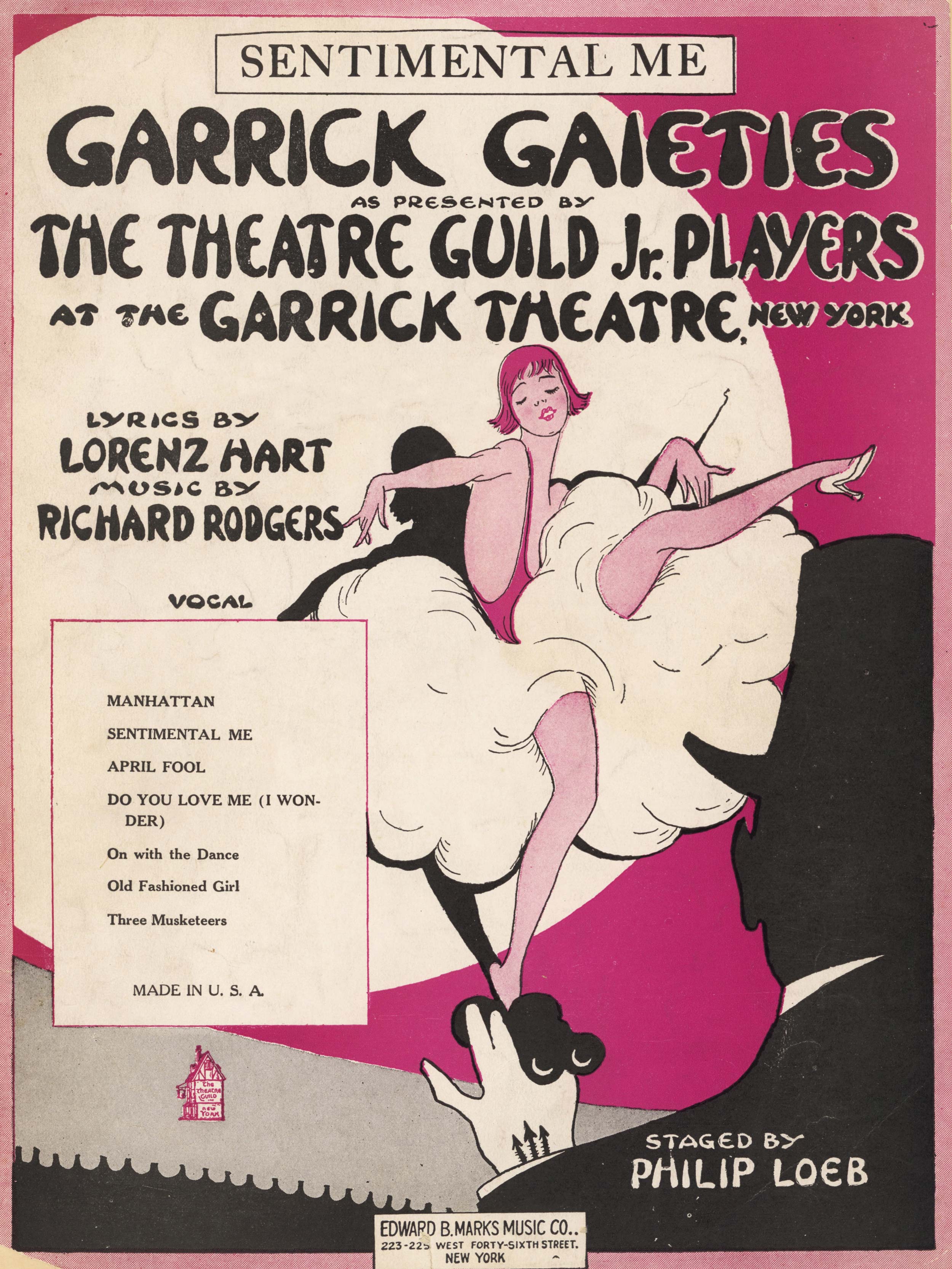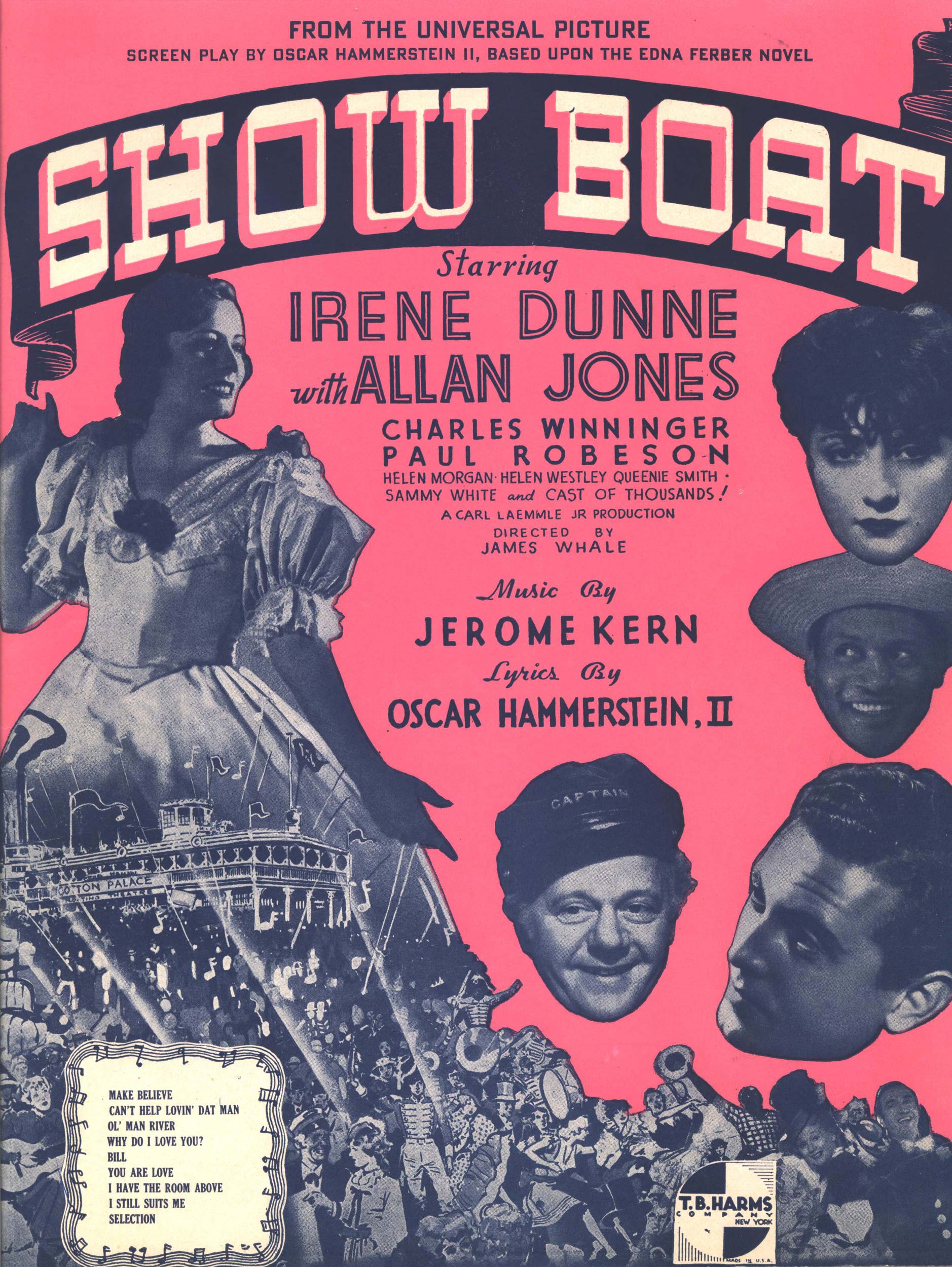After long and highly distinguished careers with other collaborators, Richard Rodgers (composer) and Oscar Hammerstein II (librettist/lyricist) joined forces to create the most consistently fruitful and successful partnership in the American Musical Theatre.
Prior to his work with Hammerstein, Richard Rodgers (1902-1979) collaborated with lyricist Lorenz Hart on a series of musical comedies that epitomized the wit and sophistication of Broadway in its heyday. Prolific on Broadway, in London and in Hollywood from the '20s into the early '40s, Rodgers & Hart wrote more than 40 shows and film scores. Among their greatest were On Your Toes, Babes In Arms, The Boys From Syracuse, I Married An Angel and Pal Joey.
Throughout the same era Oscar Hammerstein II (1895-1960) brought new life to a moribund artform: the operetta. His collaborations with such preeminent composers as Rudolf Friml, Sigmund Romberg and Vincent Youmans resulted in such operetta classics as The Desert Song, Rose-Marie and The New Moon. With Jerome Kern, he wrote Show Boat, the 1927 operetta that changed the course of modern musical theatre. His last musical before embarking on an exclusive partnership with Richard Rodgers was Carmen Jones, the highly-acclaimed 1943 all-black revision of Georges Bizet's tragic opera Carmen.
Oklahoma!, the first Rodgers & Hammerstein musical, was also the first of a new genre, the musical play, representing a unique fusion of Rodgers' musical comedy and Hammerstein's operetta. A milestone in the development of the American musical, it also marked the beginning of the most successful partnership in Broadway musical history, and was followed by Carousel, Allegro, South Pacific, The King And I, Me And Juliet, Pipe Dream, Flower Drum Song and The Sound Of Music. Rodgers & Hammerstein wrote one musical specifically for the big screen, State Fair, and one for television, Cinderella. Collectively, the musicals of Richard Rodgers and Oscar Hammerstein II earned 42 Tony Awards, 15 Academy Awards, two Pulitzer Prizes, two Grammy Awards and 2 Emmy Awards. In 1998 Rodgers & Hammerstein were cited by Time Magazine and CBS News as among the 20 most influential artists of the 20th century, and in 1999 they were jointly commemorated on a U.S. postage stamp.
Despite Hammerstein's death in 1960, Rodgers continued to write for the Broadway stage. His first solo entry, No Strings, earned him a Tony Award for Best Composer and was followed by Do I Hear A Waltz?, Two By Two, Rex and I Remember Mama. Richard Rodgers died on December 30, 1979, less than eight months after his last musical opened on Broadway. In March of 1990, Broadway's 46th Street Theatre was renamed The Richard Rodgers Theatre in his honor.
At the turn of the 21st century, the Rodgers and Hammerstein legacy continues to flourish, as marked by the enthusiasm that greeted their centennials, in 1995 and 2002, respectively.
In 1995, Hammerstein's centennial was celebrated worldwide with commemorative recordings, books, concerts and an award-winning PBS special, Some Enchanted Evening. The ultimate tribute came the following season, when he had three musicals playing on Broadway simultaneously: Show Boat (1995 Tony Award winner, Best Musical Revival); The King and I (1996 Tony Award winner, Best Musical Revival); and State Fair (1996 Tony Award nominee for Best Score).
In 2002, the Richard Rodgers centennial was celebrated around the world, with tributes from Tokyo to London, from the Hollywood Bowl to the White House, featuring six new television specials, museum retrospectives, a dozen new ballets, half a dozen books, new recordings and countless concert and stage productions (including three simultaneous revivals on Broadway, matching Hammerstein's feat of six years earlier), giving testament to the enduring popularity of Richard Rodgers and the sound of his music.
